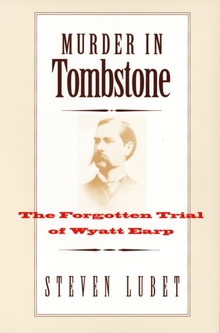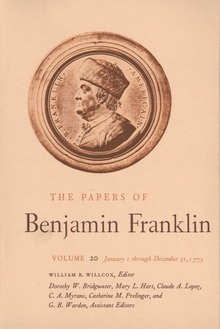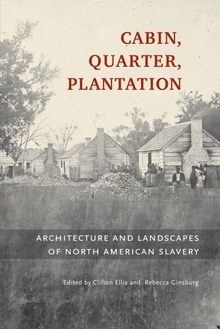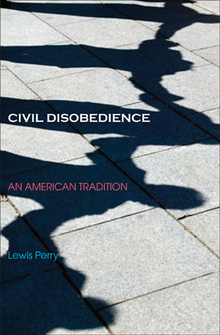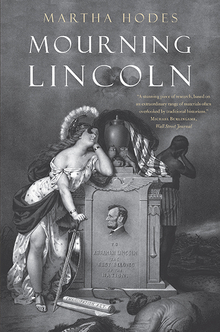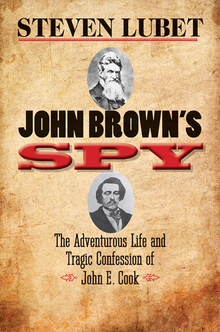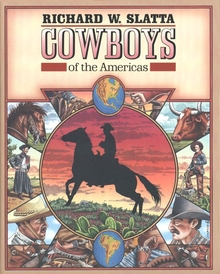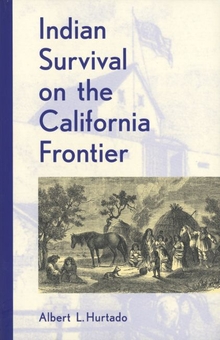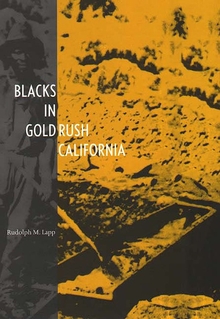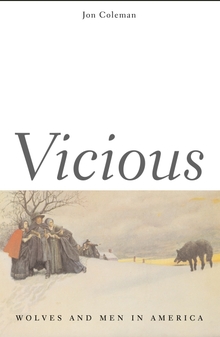Murder in Tombstone
WARNING
You are viewing an older version of the Yalebooks website. Please visit out new website with more updated information and a better user experience: https://www.yalebooks.com
The Forgotten Trial of Wyatt Earp
Steven Lubet
The gunfight at the OK Corral is legendary—but what happened once the shooting ended?
The gunfight at the OK Corral occupies a unique place in American history. Although the event itself lasted less than a minute, it became the basis for countless stories about the Wild West. At the time of the gunfight, however, Wyatt Earp was not universally acclaimed as a hero. Among the people who knew him best in Tombstone, Arizona, many considered him a renegade and murderer.
This book tells the nearly unknown story of the prosecution of Wyatt Earp, his brothers, and Doc Holiday following the famous gunfight. To the prosecutors, the Earps and Holiday were wanton killers. According to the defense, the Earps were steadfast heroes—willing to risk their lives on the mean streets of Tombstone for the sake of order.
The case against the Earps, with its dueling narratives of brutality and justification, played out themes of betrayal, revenge, and even adultery. Attorney Thomas Fitch, one of the era’s finest advocates, ultimately managed—against considerable odds—to save Earp from the gallows. But the case could easily have ended in a conviction, and Wyatt Earp would have been hanged or imprisoned, not celebrated as an American icon.
Steven Lubet is professor of law at Northwestern University, where he is the director of the Program on Advocacy and Professionalism. He is the author of numerous books on legal strategy and trial advocacy.
"This trial has everything: a family feud, famous outlaws and lawmen, politics, sex, and the most famous shootout in frontier history. It’s Rashomon set in the Old West. Steven Lubet’s accessible and highly original book will set a standard for scholarship in a field laden with folklore."—Allen Barra, author of Inventing Wyatt Earp
"I love this book and I love this author. We all want to travel back to those romantic, rustic, ruffian days of the old gun fighters. This book takes us there with authentic thrills and honest scholarship—a rare combination, indeed. The shootout at the OK Coral and the trial of Wyatt Earp are masterfully told, and try as one may, there’s not a yawn in this whole book."—Gerry Spence
“Steve Lubet’s Murder In Tombstone will interest anyone who’s ever wondered about the distance between the truth and popular mythology. Lubet’s reconstruction of the most storied gunfight in the American West, the shoot-out at OK Corral, and the courtroom events that followed is fascinating, because of what it reveals about both the tangled motives and machinations in a western town and about the American imagination.”—Scott Turow
“This is the first book to examine in depth these legal proceedings, and no one could have done a better job. Lubet explains, in a clear and interesting way, how Arizona territorial law worked in the 1880s.”—Michael F. Blake, Chicago Tribune
"Lubet’s is the first book to tell the often surprising story of the court fight after the gunfight. Lubet is a lawyer himself, and brings much legal insight to a story that is usually only told as western legend. . . . A fascinating and detailed examination."—Rob Hardy, Commercial Dispatch
“A careful study of the legal proceedings that followed the gunfight. . . . Lubet’s book shows how badly the prosecution played its cards and how well the defense played theirs. Given the peculiarities of justice in the Arizona Territory, the winner of the trial would be the side whose counsel best sized up the players and best exploited the house rules. According to Lubet, that lawyer was Tom Fitch, counsel for the Earps. . . . In the author’s retelling, Tom Fitch takes a place in the pantheon of Tombstone’s heroes. . . . Lubet, who is an expert in trial advocacy, makes a surprisingly compelling argument for the importance of Fitch’s contribution. The book is more impressive still for its readability: Lubet essentially presents a case study in advocacy, but his storytelling skills and his obvious affection for the subject keeps his nuanced consideration of Fitch’s legal craftsmanship from feeling arcane.”—John Swansburg, Legal Affairs
“Lay readers as well as specialists will enjoy this well-written and accessible account, which is highly recommended for academic and public libraries.”—Library Journal
"[One of the] gems in the vast . . . literature on Wyatt Earp. . . . Lubet's study of the complicated legal aftermath of the OK Corral manages to be stylish and . . . elegant, a virtue not often found in outlaw studies."—Larry McMurtry, New York Review of Books
“Lubet’s worthwhile account will interest Wild West buffs as well as readers interested in legal history.”—Publishers Weekly
“[Lubet’s] insight into the legal machinations, as well as the situations in which the attorneys, judges and lawmen found themselves, is riveting. . . . The documentation, based on Tombstone’s two rival newspapers of the day and later sources, is impressive indeed.”—William Dunning, Santa Fe New Mexican
"Lubet . . . knows not only the law and history, but how to craft a story. . . . [This book] offers an intriguing look at an American West icon."—Johnny D. Boggs, Southwest Book Views
"Lubet offers a thorough and lucid presentation. . . . [He] skillfully relates the interplay of frontier lawlessness and justice in the old West."—Henry S. Cohn, The Federal Dispatch
"Lubet’s story reads like a Wild West novel, even as he moves to transcripts of witness testimony and examines legal strategies. The outcome is not a surprise, but the book is a compelling read nonetheless, a fresh look at a familiar story."—Sara Hoffman Jurand, Trial
"As a law professor, Lubet is in an excellent position to author this work, and he sets aside much of the folklore surrounding the Earps. His writing is smooth, inclusive, explanatory, entertaining and provides a strong narrative of the events surrounding the epic gunfight. His sources are extensive and he addresses flaws, from incomplete sources like Turner's The O.K. Corral Inquest, which they contain."—Miles D. Lewis, Journal of the West
Publication Date: March 28, 2006
35 b/w illus.

